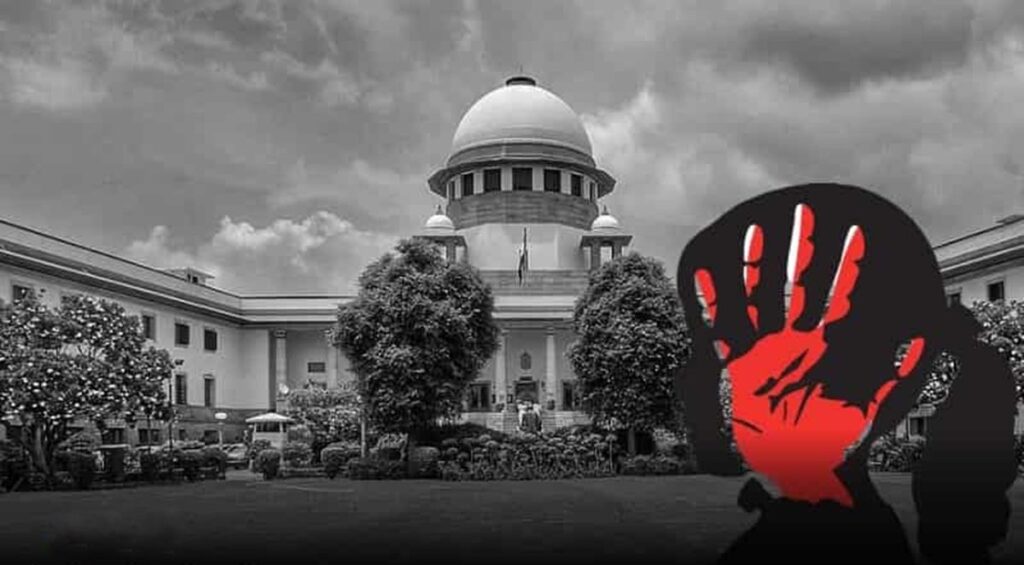Broader View: Judges say co-education and modern society naturally foster young relationships that should not be criminalised.
New Delhi, August 19, 2025
The National Commission for Protection of kid Rights (NCPCR) petitioned the Supreme Court to overturn a Punjab and Haryana High Court decision from 2022 that protected a 16-year-old Muslim girl, her 30-year-old husband, and their kid. The motion was denied. T The High Court had earlier held that under Muslim personal law, a girl above 15 or one who has attained puberty is competent to marry, irrespective of the Protection of Children from Sexual Offences (POCSO) Act or the Prohibition of Child Marriage Act, which sets 18 as the minimum age for women.
For challenging a ruling that protected the family’s life and freedom and raising doubts about its role in the case, the NCPCR received harsh criticism from a bench of Justices BV Nagarathna and R Mahadevan. The court said there was no question of law involved since the High Court, using its constitutional powers, had granted protection. It suggested that if NCPCR wished to challenge the broader legality of child marriage under personal law, it should approach the court in an appropriate case.
Highlighting the need to distinguish between criminal offences and consensual teenage relationships, the judges said not all such cases should be treated as crimes. Justice Nagarathna also cautioned against families misusing POCSO to mask consensual elopements, which at times escalate into honour killings. Dismissing three similar petitions, the court urged the NCPCR to “take up better causes” and acknowledged that in today’s society, where boys and girls study together, relationships are natural and must not be criminalised.
